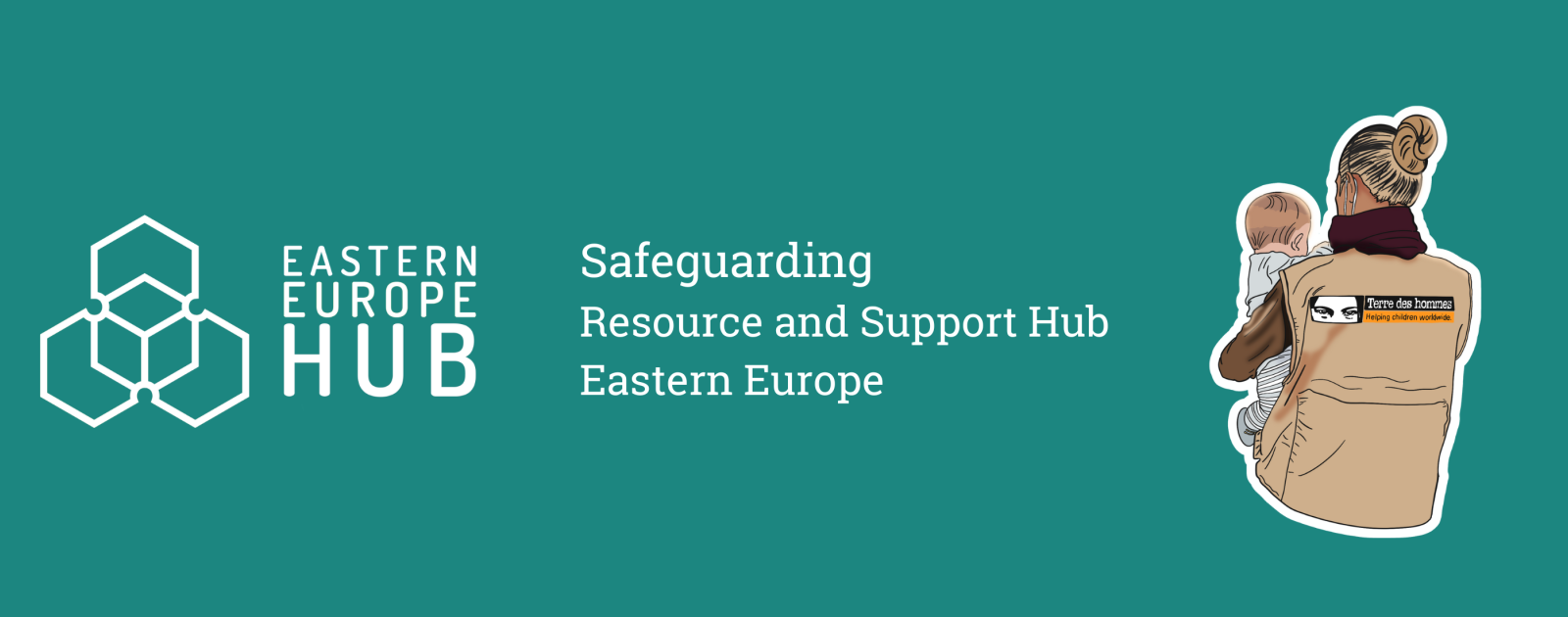RSH Eastern Europe (EE) aims to support organisations, involved in the response to the war on Ukraine to strengthen their safeguarding policies and practices against all forms of harm. While RSH globally focuses primarily on addressing Sexual Exploitation, Abuse and Sexual Harassment, RSH EE takes a broader approach to safeguarding.

Governments, NGOs, civil society organisations (CSOs), faith-based organisations and volunteers across Eastern Europe have mobilised to welcome and offer support to Ukrainian refugees and displaced people. Whilst this effort is welcomed, the crisis and its response present various safeguarding risks – where people providing services to refugees can inflict harm – including unintentionally – on refugees and displaced people.
This can include sexual exploitation, abuse and sexual harassment (SEAH), physical violence, exploitation, discrimination, harassment or denial of services. These might occur at border crossings, in transit centres, and while accessing accommodation and services. Some individuals such as children, women, racial/ethnic minorities, people with disabilities and LGBTQI+ (lesbian, gay, bisexual, transgender, queer and intersex) individuals face particularly high risks.
From the beginning of the conflict in Ukraine, there was an immediate increase in demand for safeguarding response and services, both within Ukraine and surrounding countries where Ukrainians have been seeking refuge. Uncoordinated efforts by volunteers at the border with Ukraine and the widespread hosting of displaced populations in private households, the vast majority of whom are women and children, have created a high risk of abuse and exploitation with evidence of organised trafficking. As a trusted resource for safeguarding practitioners, the Hub was a first port of call for many organisations.
“Safeguarding risk can be driven by the local context and the humanitarian response as well. If we look at the local drivers of safeguarding concerns, what stands out first and foremost is a lack of consolidated and comprehensive safeguarding framework that regulates the way NGO’s work with vulnerable groups.”
Elena Cofaru, National Representative for Romania, Safeguarding Hub Eastern Europe, An overview of the Ukrainian refugee situation in Romanian from a safeguarding perspective
Beyond the first six months, the RSH EE will embed its approach targeting less resourced civil society organisations to support sustainable gains in safeguarding capacity in Poland, Romania, Moldova and Ukraine. We will continue to be informed by the needs of civil society, guided by survivor-centred principles and focused on contextualised products and services. We will integrate an intersectional perspective in our work, recognising that particular groups are at increased risk of different forms of safeguarding abuses. We will ensure that our existing work and learning on disability inclusion continues to cut across our activities and thematic priorities.
Project duration: April 2022-October 2023
Partners: Social Development Direct (UK), ICVA, Clear Global
Donors: Disaster Emergency Committee (UK)
Total budget: (for Tdh) GBP 928,655
Project manager and email: Marta Bene, marta.bene@tdh.ch
